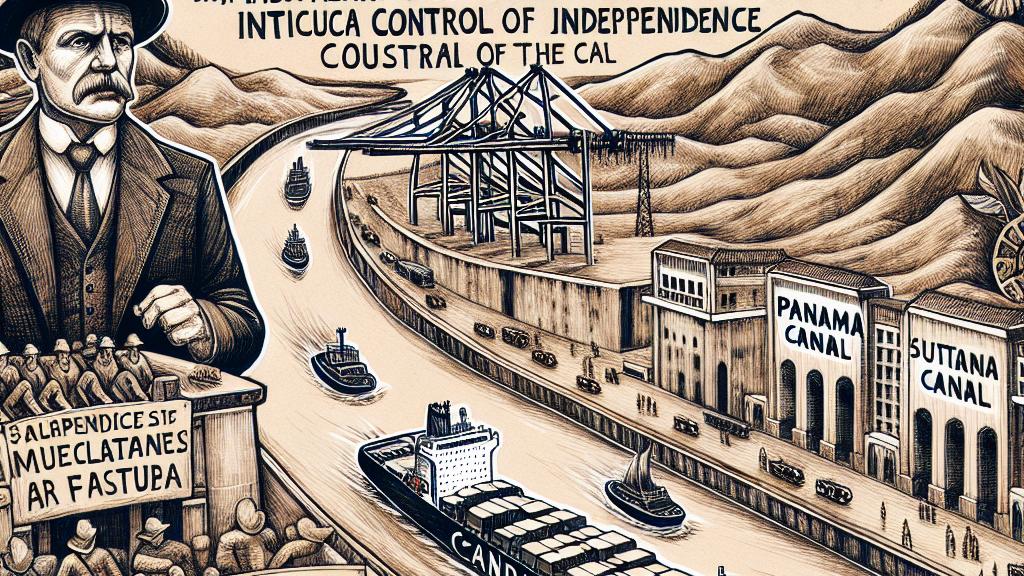Understanding the Panama Canal Dispute and International Control
Overview
- The Panama Canal remains firmly under Panamanian control, despite Donald Trump's sweeping claims.
- Administrator Ricaurte Vásquez warns that offering preferential treatment to the U.S. would invite chaos.
- The historical transition of control from the U.S. to Panama in 1999 highlights the nation's sovereignty.

Trump's Controversial Claims Uncovered
Recently, President-elect Donald Trump made sensational claims regarding the Panama Canal, alleging that China has taken control of its operations. However, Ricaurte Vásquez, the administrator of the canal, has firmly pushed back against these assertions. He stated that the canal is actively managed by the Panamanian government and will not be influenced by U.S. interests. Imagine the sheer chaos that would ensue if one country started demanding special treatment over another within such a critical trade route! The implications are staggering—potential disruptions in global commerce, a breakdown of international respect, and a misguided approach to a structure that symbolizes decades of struggle for Panamanian independence.
The Invaluable Role of the Panama Canal
The Panama Canal is truly a marvel of engineering and international trade, stretching about 82 kilometers. It's not just a shortcut connecting the Atlantic and Pacific Oceans; it plays a pivotal role in global shipping. Without this canal, ships traveling from New York to ports in Asia would enormously lengthen their journeys by hundreds, if not thousands, of kilometers, potentially increasing shipping costs and delivery times. For instance, using the canal allows for savings of up to 8,000 nautical miles—imagine the fuel costs cut! Moreover, the canal facilitates a vast array of goods, from everyday consumer products to critical industrial supplies, thus directly impacting economies around the world.
Historical Context of Control and Sovereignty
Reflecting on the historical timeline, the Panama Canal was under U.S. control for nearly a century until it transitioned to Panamanian sovereignty on December 31, 1999. This significant handover, prompted by the Torrijos-Carter Treaties, marked a turning point in U.S.-Panamanian relations. The canal was once a symbol of U.S. dominance in the region, but today it stands as a testament to Panama's determination to assert its autonomy. Trump's aggressive suggestions to reclaim control overlook not only the historical sacrifices made by Panamanians but also the importance of respecting a country’s right to govern its own vital infrastructure. In essence, the canal is an embodiment of Panama's identity and resilience, and its management should reflect that pride.

Loading...